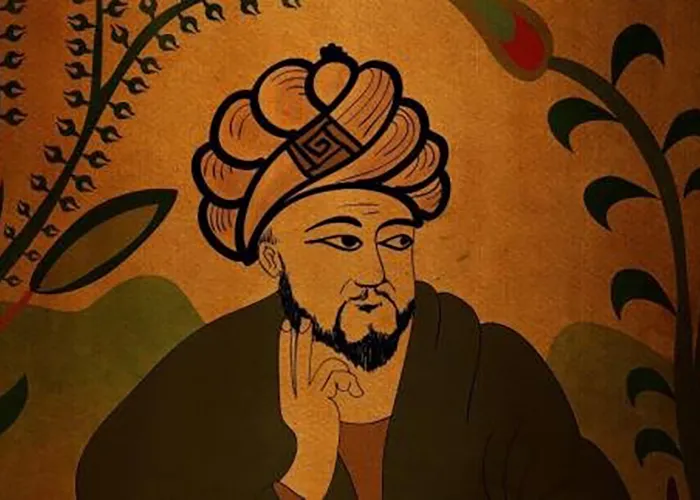Events of the Week – Volume01 Issue22
20th November 2024 – 26th November 2024
November 20th – 18th Jamadiul Awwal
Iranians commemorate National Philosophy Day by celebrating the legacy of Abu Nasr Farabi, a pioneering philosopher.
Abu Nasr Muhammad al-Farabi was born in the province of Khorasan, in a village called Wasij near Farab or Faryab (located in present-day Afghanistan) close to the Syr Darya River. Due to Wasij’s proximity to Farab, this great philosopher became known as Farabi during his lifetime. His birth is estimated to have occurred between the years 257 and 259 AH (Hijri calendar). However, there is no documented evidence detailing his early life and education. It is only known that his father and grandfather were high-ranking military officers in the Samanid government.
Abu Nasr Al-Farabi was the first philosopher of the Islamic world and the third philosopher in the world, whose contributions have greatly influenced the development of human civilization. Due to his profound knowledge in various sciences, especially in philosophy, wisdom, and music, he was given the title of “Second Teacher” (Mu’allim Thani) after Aristotle, who was known as the “First Teacher.” Farabi was the unparalleled teacher of his time. To develop his new political theory, he reconciled the philosophy of Iranshahr (a part of Iranian intellectual history rooted in the Sasanian era, which emphasized the ideal king and divine glory) with Islamic thought (the concept of Islamic caliphate) and Greek knowledge.
The philosophy introduced by Farabi had a significant impact on subsequent philosophers. His primary concern was to bridge the gap between religion and philosophy. He believed that the religion of the Prophet was not in conflict with Greek wisdom, and that their apparent differences could be resolved through philosophical interpretations.
Demise of Ahmad b. Ali al-Najashi (450 AH),
Ahmad ibn Ali Najashi (372 AH–450 or 463 AH), known as Najashi or Ibn Kufi, was a leading Shia scholar in Ilm al-Rijal (biographical evaluation), spending most of his life in Baghdad. He studied under prominent scholars such as Sheikh Mufid and Sheikh Saduq. His seminal work, Kitab al-Fihrist Asma’ Musannifi al-Shi’a (Rijal al-Najashi), is among the earliest and most important sources in Shia biographical literature.
Najashi was born in Safar 372 AH. Though his birthplace is unclear, some sources call him Baghdadi, while others note his father’s Kufan origins, leading to the title “Ibn Kufi.” He traced his lineage to Adnan, the ancestor of the Prophet Muhammad (PBUH). His ancestor Abdullah, a governor in Ahvaz under Abbasid Caliph Al-Mansur, corresponded with Imam Ja’far al-Sadiq (AS), who sent him the Risalat al-Ahwaziyya.
Najashi, also known as Abu al-Husayn and Abu al-Abbas, likely inherited the name “Najashi” from his ancestor Abdullah. He passed away in 450 AH near Samarra, though Ayatollah Shubairi Zanjani suggests he died after 463 AH, based on documented events. Starting his education under his father, Najashi mastered hadith by age thirteen and studied Kitab al-Kafi with Ahmad ibn Ahmad Kufi al-Katib. His works remain crucial to Shia scholarship, providing deep insights into early Islamic figures.
editor's pick
news via inbox
Subscribe to the newsletter.




